
Revolutionary France and the social republic that never was
After the 1830 revolution, French workers waited for the introduction of the republic into the heart of production. It never came. The struggle that ensued was to shape French politics during the Second Republic and after as republicans sought to reconcile work with the principle of non-domination. [This post is part of the Democratic Wealth series, hosted by Politics in Spires in partnership with Our Kingdom.]

Civic Republicanism in Spain: A North Star for hard times
The key principle of Republicanism is to minimise domination wherever it is found. The Zapatero governments in Spain, for example, showed how this idea can shape the policies of nation states. Is it possible to extend Republican principles to the global arena? I’ll start with what everybody knows. We live in hard times. There is much more suffering in Europe right now than just five years ago – much more domination too. Arguably, a sort of global redistribution is benefiting ‘developing’ countries to the detriment of the ‘developed’ world. But Western democracies are doing badly, and their prospects are not promising. [This post is part of the Democratic Wealth series, hosted by Politics in Spires in partnership with Our Kingdom.]
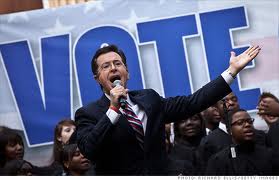
A Deeper Democracy Begins with Proper Elections: Citizens United, the rise of the Super PAC and the loss of electoral integrity in the US
It was a sunny day in March 2011 and Stephen Colbert was getting restless.
Colbert had been working out a comedic sketch of a political ad by the former Governor of Minnesota, Tim Pawlenty, but he did not quite know how to end the parody. Then Colbert had an idea: he would substitute ‘LibertyPAC.com,’ the name of Pawlenty’s political action committee, for ‘ColbertPAC.com’ and would buy the URL in jest. Almost immediately after the episode aired, Colbert received a frantic call from the Comedy Central network, which had evidently bought the joke and insisted that he refrain from forming ColbertPAC.
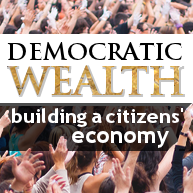
A democratic case for the free market?
Democracy is morally prior to the economy. The structure of the economy is something a sovereign people may and should design and redesign to secure its common good – that is, the shared interest of each and every citizen in life, liberty and economic opportunity. This is the basic premise of the ‘Democratic Wealth’ series that I have the pleasure of editing. This is, however, by no means an uncontroversial premise.

In America, Corporations are People. But should they be?
Now that November 6th has passed, Americans will stop keeping up with politics and continue Keeping up with the Kardashians. Yet, several of the most crucial elements of American democracy still warrant close attention, including voter identification laws, the restrictions on early voting and, not least of all, the newest phrase to have permeated American politics, that “corporations are people too”.
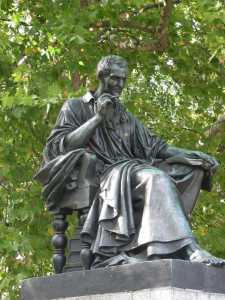
The Commercial Republic: A contradiction in terms?
Republican thinking today relies heavily on a classical conception of citizenship. Can this ever be compatible with modern commercial society?
If there are resources in republicanism for re-thinking the contemporary economic order, it might be worth turning to a republican thinker who wrote on the topic of political economy. Jean-Jacques Rousseau in “A Discourse on Political Economy” articulated a key worry now held by various groups today, including the Occupy movement, dissatisfied with existing political responses on poverty, education, health care and economic opportunity.
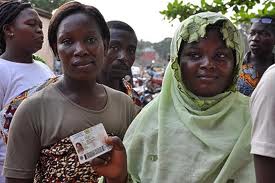
Strengthening Democracy in Togo: How to Give women a greater voice
The integrity of the March 2010 Togolese presidential election was formally challenged immediately following the announcement of incumbent Faure Gnassingbé’s victory. Fortunately, the violence and massive internal displacement that marred the 2005 race were not repeated, but the opposition alleged widespread irregularities and fraud. Ultimately the result was upheld, and Gnassingbé maintained his family’s four-decade-long grip on power of this tiny West African country. One opposition candidate claimed, “The vote was so expertly stolen by the ruling party that electoral observers will never understand what really happened.”
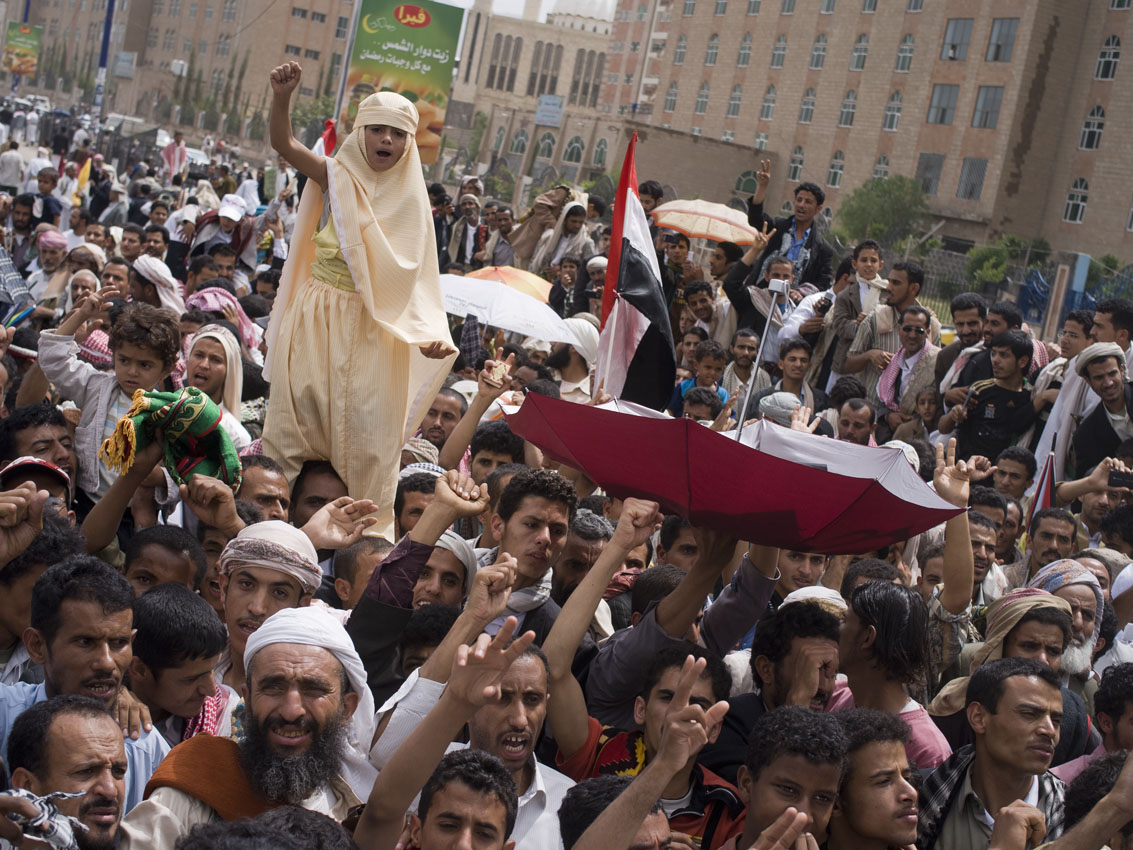
The Uneven Playing Field: Political finance in post-Arab Spring countries
“Our revolution was hijacked,” Mahmoud, a young protestor from Yemen, told me in one of our discussions. “We stand no chance against the established powers in any elections,” said Marwa, another young protestor from Egypt. Mahmoud and Marwa represent millions of similar young Arabs who ignited and led the uprisings in their countries, aspiring for a new future where each one of them will have an equal say in the political process. They are now increasingly disappointed and frustrated with their new reality, and the top reason for their frustration is political finance. The Deepening Democracy report, published by the Global Commission on Elections, Democracy & Security, highlights that “The rise of uncontrolled political finance threatens to hollow out democracy …









